Wynonna Judd Pays Tribute To Late Mom Naomi Judd On Mother's Day
By Kristin Myers on May 10, 2022 at 11:30 AM EDT
Updated on May 11, 2022 at 4:41 PM EDT
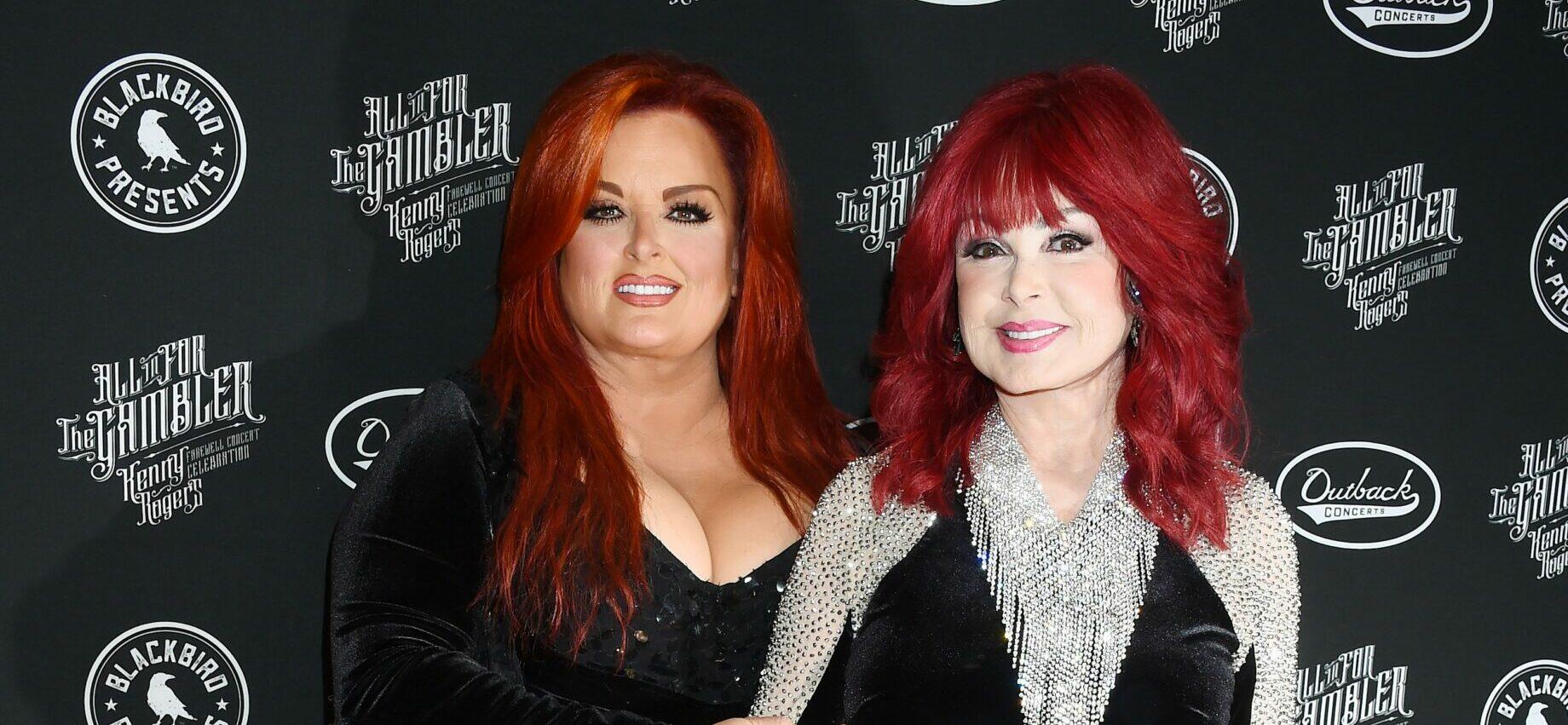
Singer Naomi Judd, part of the Grammy-winning duo The Judds and mother of Wynonna and Ashley Judd passed away on Saturday at the age of 76.
Her daughters announced her death in a statement provided to The Associated Press. “Today we sisters experienced a tragedy. We lost our beautiful mother to the disease of mental illness,” the statement said. “We are shattered. We are navigating profound grief and know that as we loved her, she was loved by her public. We are in unknown territory.”
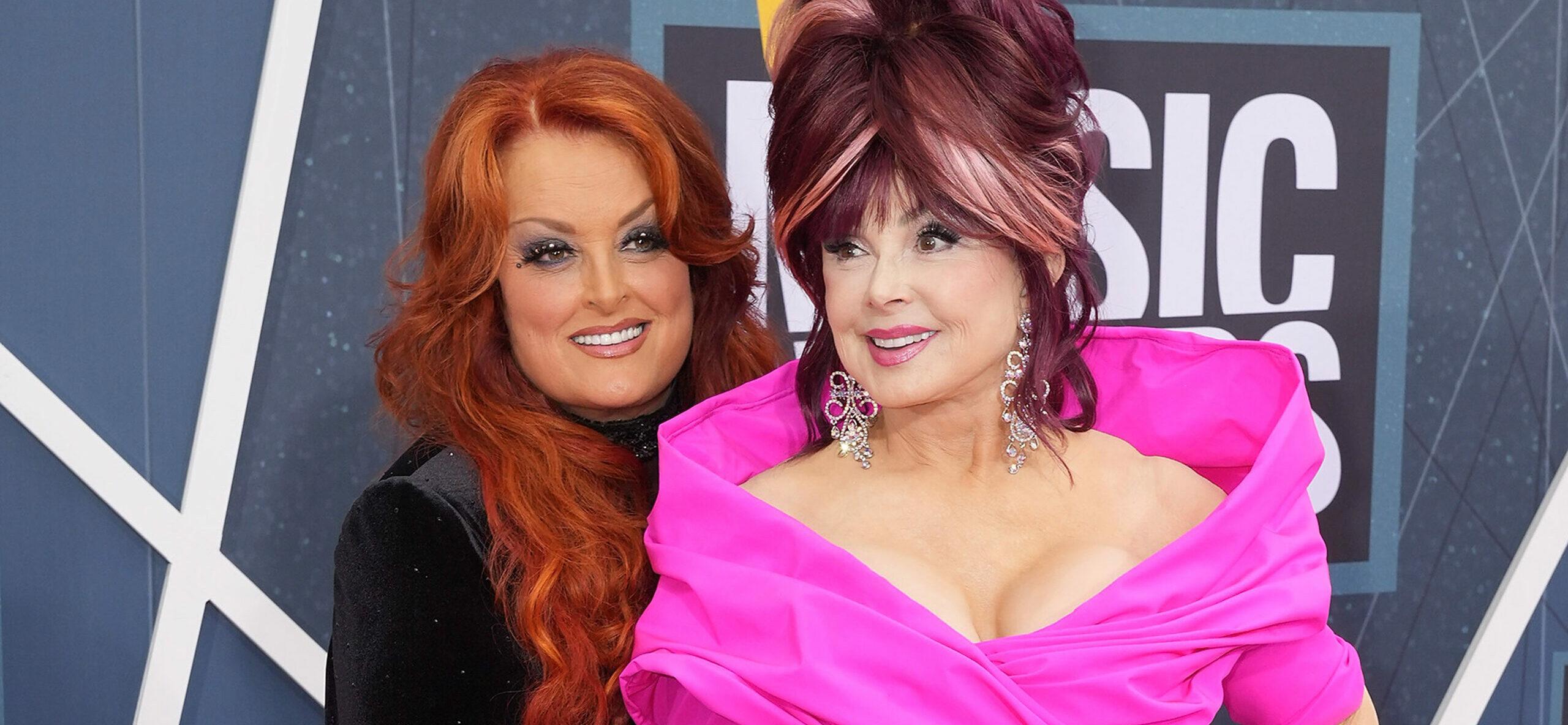
Her husband of 32 years, Larry Strickland, released a statement that read, “Naomi Judd's family request privacy during this heartbreaking time. No additional information will be released at this time.”
On Mother's Day, her daughter Wynonna Judd remembered her mother with a throwback snap of the two together.
Wynonna Judd Remembers Her Late Mother On Mother's Day
View this post on Instagram
In the caption, Wynonna Judd wrote simply, “I miss her.”
Many fans and famous friends showered the post with heart emojis as they tried to send her love and support during this difficult time of grieving.
“Sending you all of the love honey!” wrote Tanya Tucker.
“I’m so so sorry…sending prayers up for you and your family. 💜🙏🏼💔” wrote another.
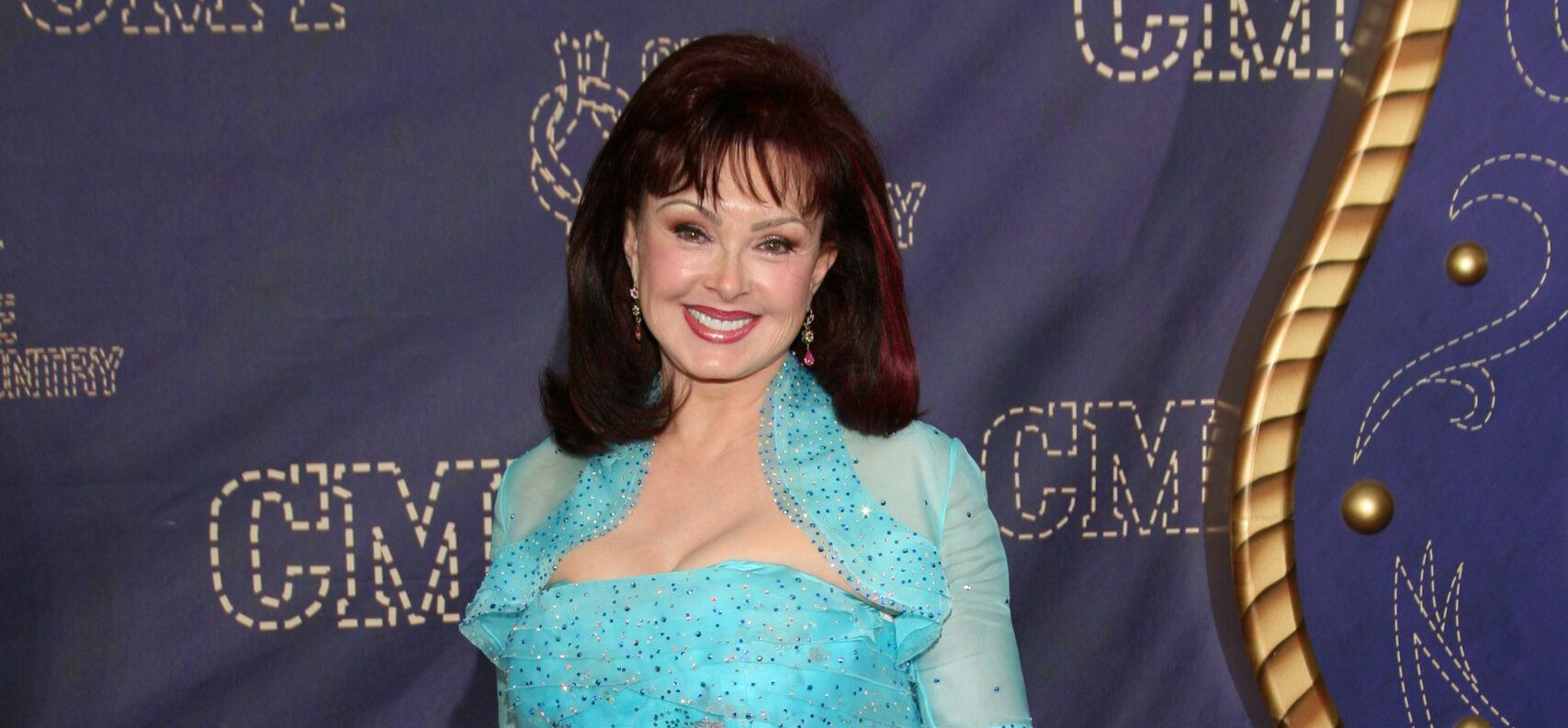
“I have been thinking of you all constantly. I’m so very sorry. Sending all my love. I know there are no words that can make this better, but please know how many of us care, are holding you all in our heart and prayers❤️, and how very proud your mom was and still is having you and Ashley for her daughters. Sending love and light,” another commented. “I’m so sorry for your pain 💕💕”
One source told PEOPLE that Naomi took her own life. Rumors had been swirling around social media that Naomi shot herself, but those rumors have been unconfirmed by official sources. What is known, however, is that Naomi has been open about her struggle with mental illness and suicidal thoughts in the past.
Naomi Judd Tried To Explain What Depression Looks Like In 2016
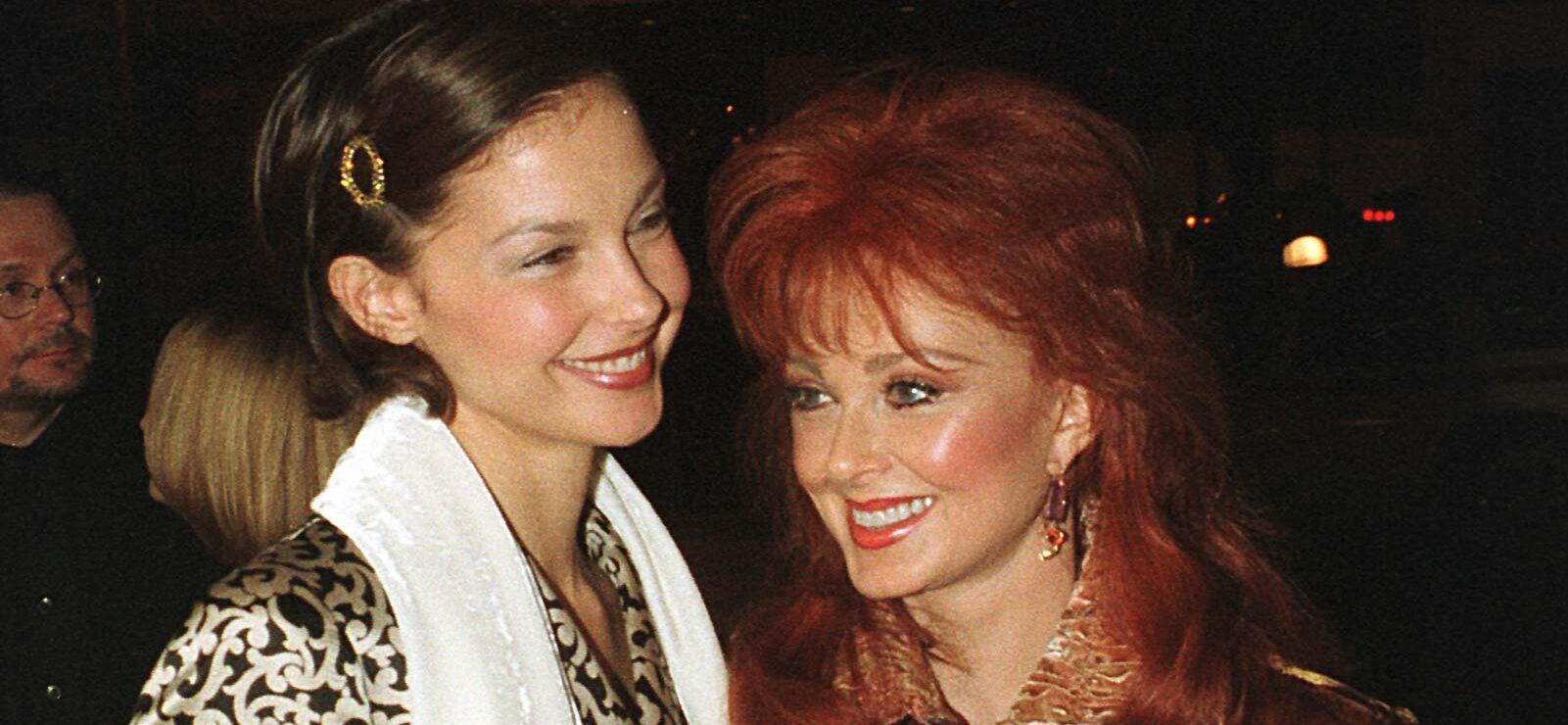
In 2016, Naomi wrote a book called “River of Time: My Descent into Depression and How I Emerged With Hope.” In the book, she confessed that she had seriously considered taking her own life on a bridge near her farm.
That same year, she talked to PEOPLE about her struggle with mental health, saying, “Nobody can understand it unless you’ve been there.”
“Think of your very worst day of your whole life – someone passed away, you lost your job, you found out you were being betrayed, that your child had a rare disease – you can take all of those at once and put them together and that's what depression feels like,” she added.
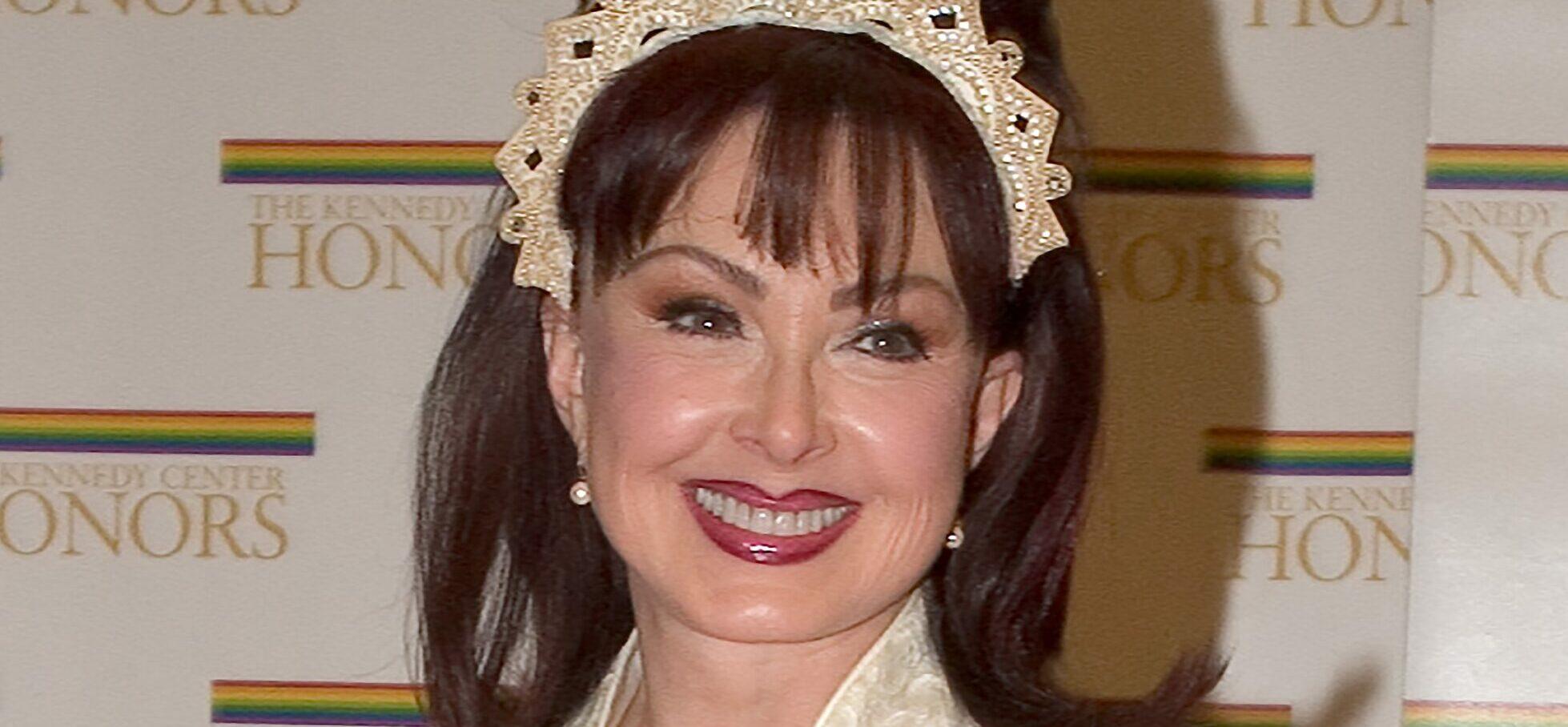
In 2016, the “Love Can Build a Bridge” singer said that she suffered from “extreme” and “severe depression” in an interview with Good Morning America. She explained that her depression only got worse when she and her daughter, Wynonna, stopped touring after she was diagnosed with Hepatitis C.
“[Fans] see me in rhinestones, you know, with glitter in my hair, that really is who I am,” she told host Robin Roberts at the time. “But then I would come home and not leave the house for three weeks, and not get out of my pajamas, and not practice normal hygiene. It was really bad.”
“When I came off the tour I went into this deep, dark absolutely terrifying hole and I couldn’t get out,” she admitted. “I spent two years on my couch.”
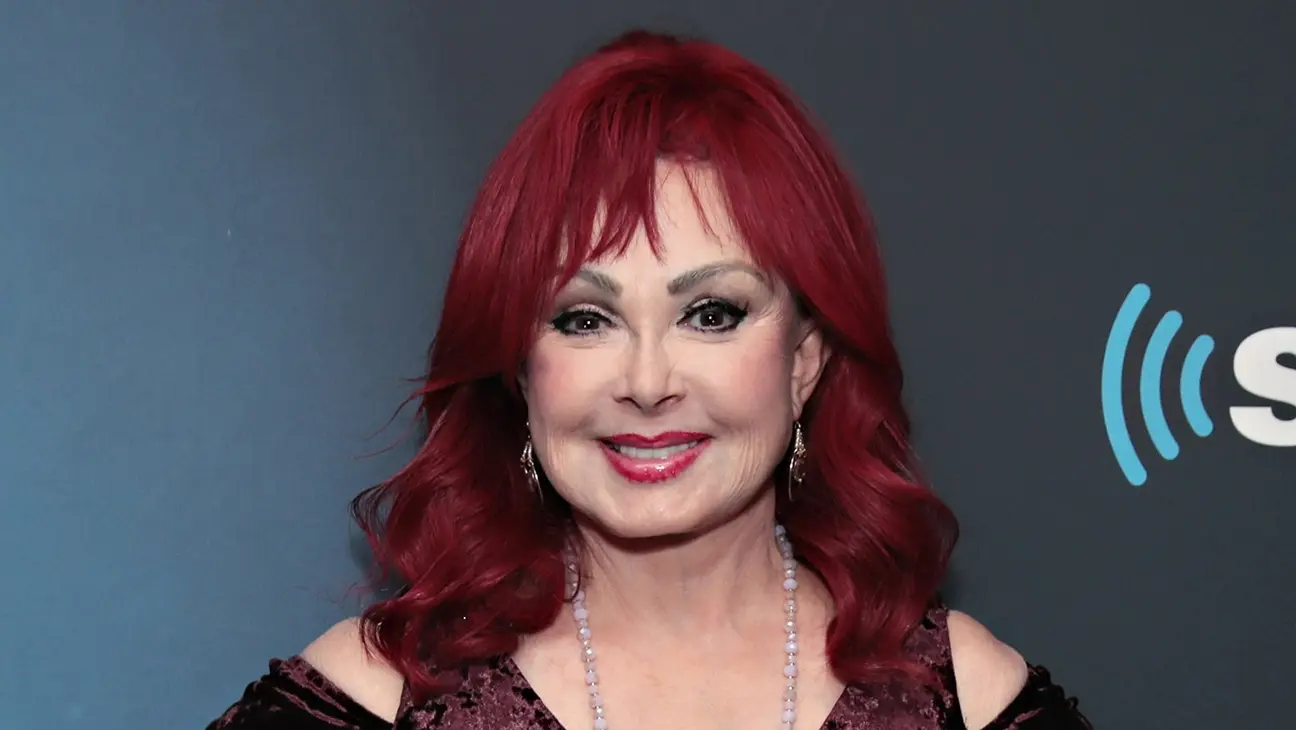
In 2018, she wrote an open letter for Mental Health Awareness Week, which she shared exclusively with PEOPLE.
“For everyone mourning the death of someone who committed suicide, an inevitable question arises: Why did this happen? Unfortunately, we don't have very good answers,” she wrote at the time. “We do know that suicidal behavior accompanies many behavioral brain disorders such as schizophrenia, bipolar disorder, and depression. Suicide is actually one of the leading causes of preventable death among these mental illnesses.”
“To understand this issue better, we have to bring the study of suicide into mainstream neuroscience and treat the condition like every other brain disorder,” she continued. “People who commit suicide are experiencing problems with mood, impulse control and aggression, all of which involve discrete circuits in the brain that regulate these aspects of human experience, but we still don't understand how these circuits go haywire in the brains of suicide victims.”
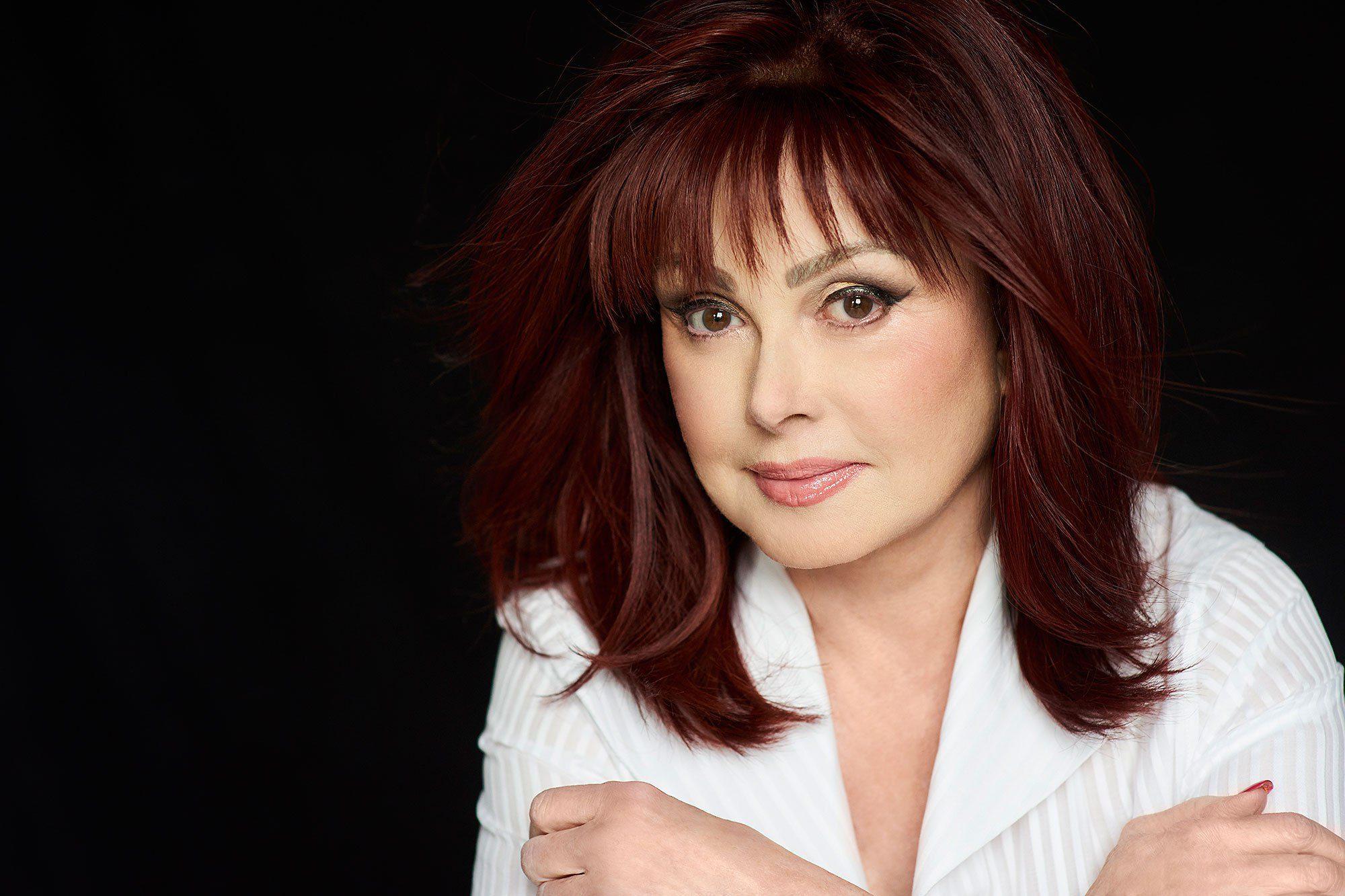
If you or someone you know would like to seek help, call the National Suicide Prevent Lifeline at 1-800-273-TALK or text TALK to Crisis Text Line at 741741. Both services are available 24/7.